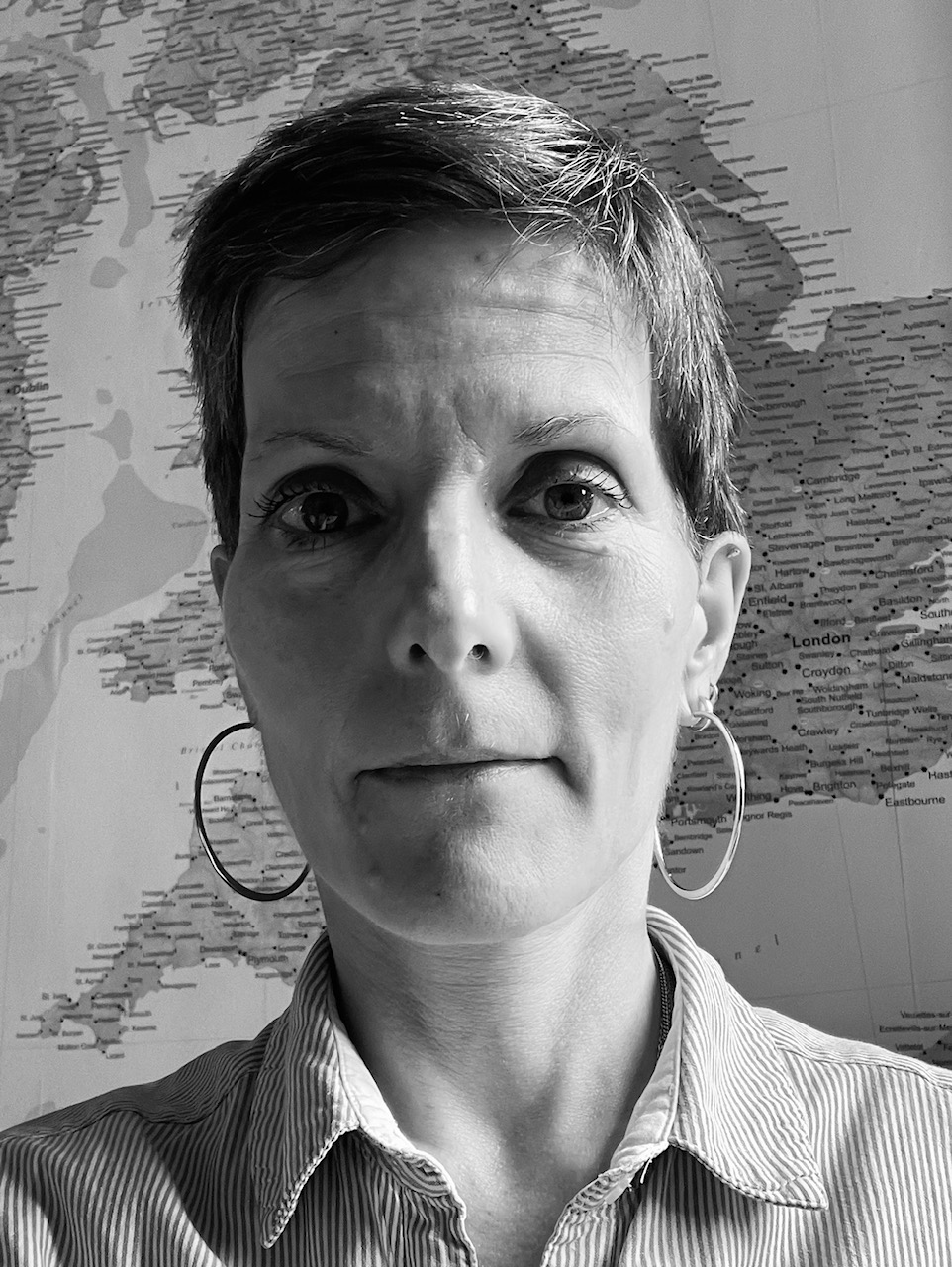It took a while to get there, and by a rather circuitous route, but I count myself extremely lucky for having one of the best jobs I could imagine.
I'm intellectually and emotionally challenged, with ongoing development and learning an essential part of my work. I'm my own boss, which allows me to structure my working week around other commitments. I work both alone and with a team, and I have a strong network of professional support.
Every hour of each working day differs, and there is a range of directions in which my professional interests may steer me. Then of course, there's the gratification in knowing I may just make a positive difference to someone's wellbeing. It's therefore of no surprise to me that I'm often asked about how to become a psychotherapist.
What follows are general thoughts about how to become a psychotherapist - the training routes for psychoanalysts, counsellors and counselling psychologists will be different, as are those for coaches or indeed psychiatrists.
There's the gratification in knowing I may just make a positive difference to someone's wellbeing.
Before considering anything else, I'd think about funding. Training involves a whopping financial hit. For example, to complete an MA in Integrative Psychotherapy rather than the slightly less rigorous Advanced Diploma at a reputable London based training organisation will cost upwards of £18k in fees.
Other hidden costs sneak in along the way, including your own regular psychotherapy over the course of the five or more years , supervision costs for clinical work once begun, books and training materials, along with the potential of an increasing loss of income as the training takes up more of a working week. If you have a family, there may be childcare costs too.
In my day, it was 'encouraged' to avoid applying for a training as a young adult - I was relatively young at 30 to begin. Things are different now, partly because of age discrimination laws. Lissie Wright, Director at the Minster Centre tells me: "Young or old, we look at people individually. We're interested in a developed capacity for self reflection and an openness to other experiences. You may have that at 25 or 55. We're interested in why someone wants to train at that point in their lives. It's a postgraduate training anyway, so we also expect some sort of previous training".
My cohort certainly had fascinating hinterlands - I trained with a TV producer, an actor, a social worker, a lawyer, a publisher amongst others. Many still combine their previous incarnation with a psychotherapy practice - another bonus of the job.
The learning is not just intellectual and academic, but is experiential and rests a lot upon self-awareness.
Most training is alive to the needs of adult learners, and allow for staggered learning, making it relatively easy to take time out and stretch the otherwise five year path. Although this may help ease the impact of life's slings and arrows, training can still be tough to combine with all else life involves.
The learning is not just intellectual and academic and therefore involves essays and deadlines , but is experiential and rests a lot upon self-awareness, reflection and psychological development. Making sense of your early sibling relationships or parent's marriage in a 'personal development group' before going home to finish off a presentation for work and dinner for the kids can feel overwhelming.
Indeed, I've been asked more than once about the potential emotional disruption during a training - how difficult it may be to assimilate any internal changes that are a bi-product of an intense journey into our inner world. Lissie Wright may well flag this up to prospective students: "Four or five or more years of personal therapy and training may well have an impact on your life and priorities. Relationships around you may have to adapt while you study, reflect more, and think differently. We look for people who are sufficiently self-aware to manage all of this potential change".
Relationships around you may have to adapt while you study, reflect more, and think differently.
I remember only too well revising the roles played out in relationships around me, realising patterns that had previously been out of my awareness. Luckily, this was all for the good and resulted in a strengthening rather than weakening of relationships - but this didn't happen with all my colleagues at the time. But regardless of the emotional and financial toll a training brings, a big consideration remains whether it's possible to make a living out of being a talking therapist.
The NHS isn't recruiting any time fast unless you are prepared to train further to work in a particular way it seems currently wedded to , and other services have suffered such enormous financial cut backs that you are highly unlikely to find a job in the Third Sector. Realistically, a private practice will be the best source of income - and here's where experience in running your own business will help.

